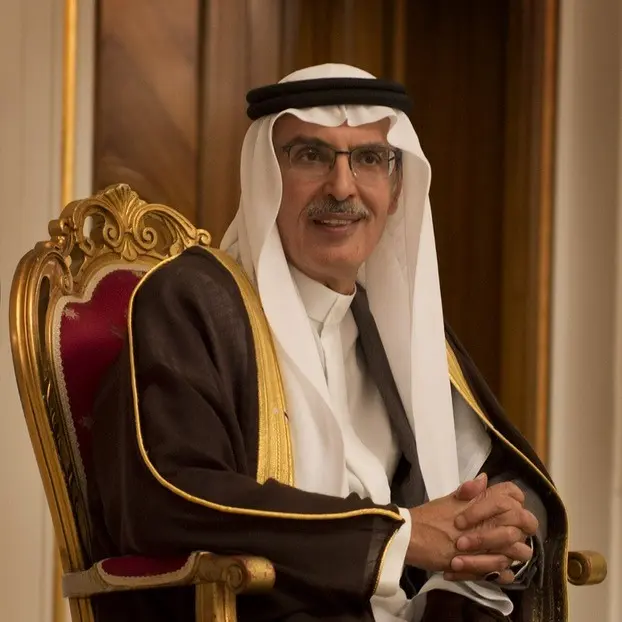The Life and Legacy of Prince Badr Bin Abdulmohsin
Born on April 2, 1949, in Riyadh, Prince Badr Bin Abdulmohsin was more than a royal figure; he was a cornerstone in the evolution of modern Arabic poetry. His poetic journey, marked by a unique blend of tradition and modernism, has left an indelible mark on the cultural landscape of Saudi Arabia and the broader Arab world. Prince Badr’s contributions transcended the confines of poetry to include significant roles in cultural leadership, earning him the reverence and affection of a nation and beyond.
Poetic Contributions and Philosophical Depth
Prince Badr’s poetry resonated deeply with the complexities and nuances of human emotions, relationships, and societal norms. His works, characterized by their eloquence and philosophical depth, explored themes of love, nostalgia, national pride, and social commentary, making them relatable across generations. His ability to weave words into profound expressions of the Arab identity and experience positioned him as a pioneer of poetic modernism in the region.
Influence on Music and the Arts
A distinctive feature of Prince Badr’s legacy is his significant influence on the Gulf music scene. Many of his poems were transformed into popular songs by some of the most celebrated singers in the Middle East, such as Mohammed Abdu, Kadim Al Sahir, and Talal Maddah. These collaborations bridged the gap between poetry and music, making his work accessible and beloved by a wider audience. This fusion of lyrical poetry with melodic elements highlighted the cultural syncretism that Prince Badr championed throughout his career.
Cultural and Educational Endeavors
Prince Badr’s impact extended into cultural and educational realms through his leadership roles. As the president of the Saudi Society for Culture and Arts and later as the chairman of the Saudi Poetry Organization, he nurtured a vibrant cultural milieu that encouraged the flourishing of arts and literature in Saudi Arabia. His efforts were pivotal in promoting literary activities and festivals, notably the esteemed Janadriyah Festival, which celebrates the heritage and culture of the nation.
Recognition and Honors
In recognition of his vast contributions, Prince Badr was honored with numerous awards, including the prestigious Order of King Abdulaziz in 2019. His literary achievements and cultural leadership were further commemorated in the “Prince Badr Bin Abdulmohsin Night: Half a Century and the Full Moon,” an event that highlighted his five decades of cultural dedication.
Educational Background and Global Influence
Prince Badr’s educational journey took him beyond the borders of Saudi Arabia to institutions in Egypt, Britain, and the United States, enriching his perspectives and literary style. This diverse educational experience infused his poetry with a global sensibility while remaining deeply rooted in Arab cultural traditions. His works are currently being translated into English and French, promising to broaden his influence and legacy worldwide.
Literary Works and Publications
In 2022, a collection of Prince Badr’s works, including “Hovering Clouds,” “Letter from a Bedouin,” “What the Bird Carves in the Date Palm,” and “A Painting Perhaps a Poem,” was published during the Riyadh International Book Fair. These collections were meticulously curated to reflect the thematic diversity and stylistic elegance of his poetry, under the supervision of the Badr Bin Abdulmohsin Cultural Foundation and supported by the Ministry of Culture’s Literature, Publishing, and Translation Authority.
The Enduring Legacy of a Cultural Icon
The death of Prince Badr Bin Abdulmohsin marks the end of an era but also signifies the enduring nature of his contributions to Arabic literature and culture. His poetic voice and cultural activism have shaped an entire literary movement and paved the way for future generations of poets and artists. His legacy continues to inspire and influence not only in the realm of poetry but also in how art can serve as a bridge between diverse cultures and generations.
As we reflect on the life and works of Prince Badr Bin Abdulmohsin, it becomes evident that his contributions were not merely to the field of poetry but to the very fabric of Saudi and Arab cultural identity. His words will continue to resonate, inspire, and offer insights into the human and societal dynamics of the Arab world for generations to come.

